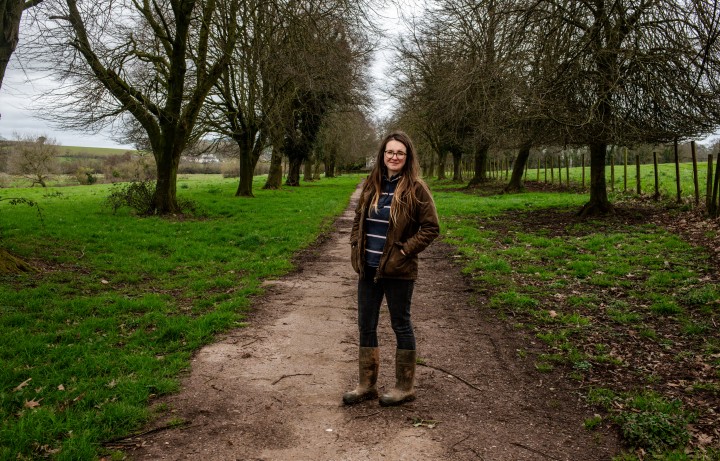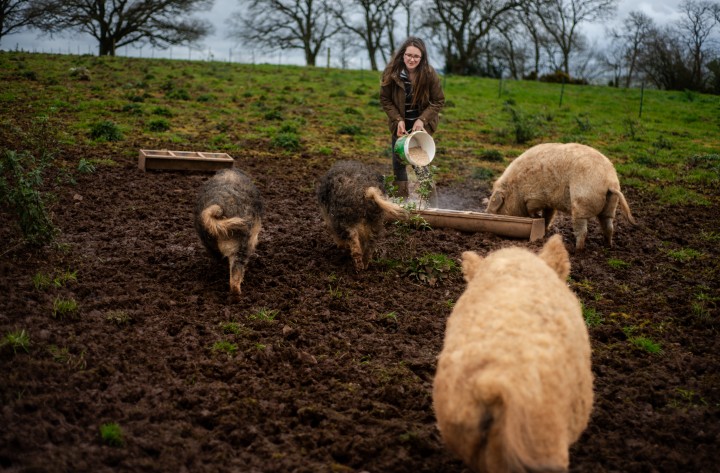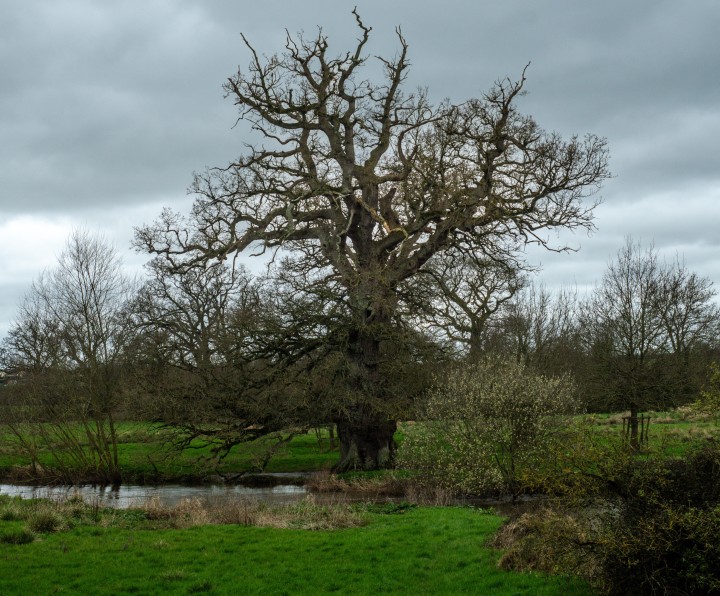Springwater Farm raises Highland cattle and rare-breed pigs using regenerative, nature-friendly practices across hundreds of acres in East Devon. The farm's diverse landscapes range from public parkland to woodland.
The farm is run by Amelia Greenway and her husband, Jason, both first-generation, new-entrant tenant farmers. The couple met through the Young Farmers’ Club. Amelia grew up on an organic farm, while Jason was working as a farmhand at the time. They quickly decided to venture into agriculture together, naming their business 'Springwater Farm' after the first cottage they lived in together.
Amelia credits her dad's passion for organic farming as a major influence on her outlook. “He championed grass-fed, free-range animals within organic systems. Growing up, we were always very conscious of the meat we ate, how we treated the soil, and the importance of regenerating the land and hedgerows. It's something I became deeply passionate about,” she says.





